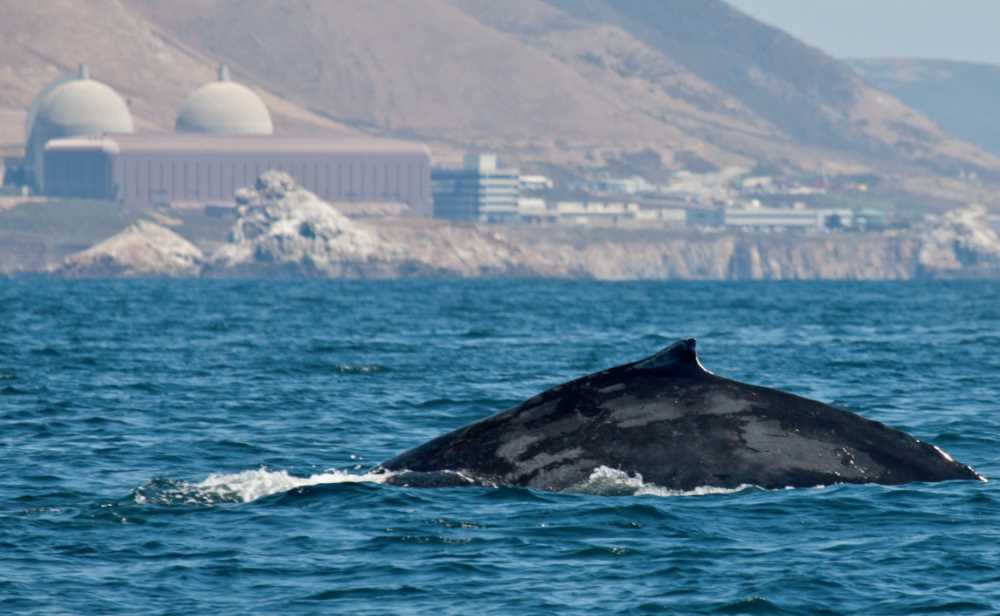The Silent Giant
The need for nuclear in a clean energy system
In a world centred on short-term fixes, many of the traits that make nuclear energy a key player in the transition to a sustainable world are not properly valued and often taken for granted. Reflecting on the popular discourse in the world of energy politics it would seem that renewables, and renewables alone, will be responsible for, and capable of, delivering a zero-carbon energy system – and that it is just a matter of time.
The reality today is that both global carbon dioxide emissions and fossil fuel use are still on the rise. This does not only make the battle against climate change much harder, but also results in hundreds of thousands of pollution deaths every year.

Energy is the essential agent for promoting human development, and global demand is projected to increase significantly in the coming decades. Securing access to modern and affordable energy is essential for lifting people out of poverty, and for promoting energy independence and economic growth.
Nuclear energy is a proven solution with a long and well-established track record. Nuclear reactors – a grand total of 445 in 30 countries – are the low-carbon backbone of electricity systems, operating in the background, day in and day out, often out of sight and out of mind. Capable of generating immense amounts of clean power, they are the silent giants upon which we rely daily.
Nuclear energy has shown – be it in France or Sweden – that it has the potential to be the catalyst for delivering sustainable energy transitions, long before climate change was on the agenda. The use of nuclear energy is the fast track to a high-powered and clean energy system, which not only delivers a healthier environment and an affordable supply of electricity, but also strengthens energy security and helps mitigate climate change.
The global nuclear industry, led by World Nuclear Association, is ready to take on the challenge. As part of the Harmony Programme, we have set a target to build an additional 1000GWe of reactors across the world before 2050, bringing the global share of electricity production of nuclear to 25%.
In order to realise the full potential of nuclear energy we have identified three key areas where actions are required:
- The need to create a level playing field that values reliability and energy security
- The need for harmony in the nuclear regulatory environment
- The need for a holistic safety paradigm for the whole electricity system.